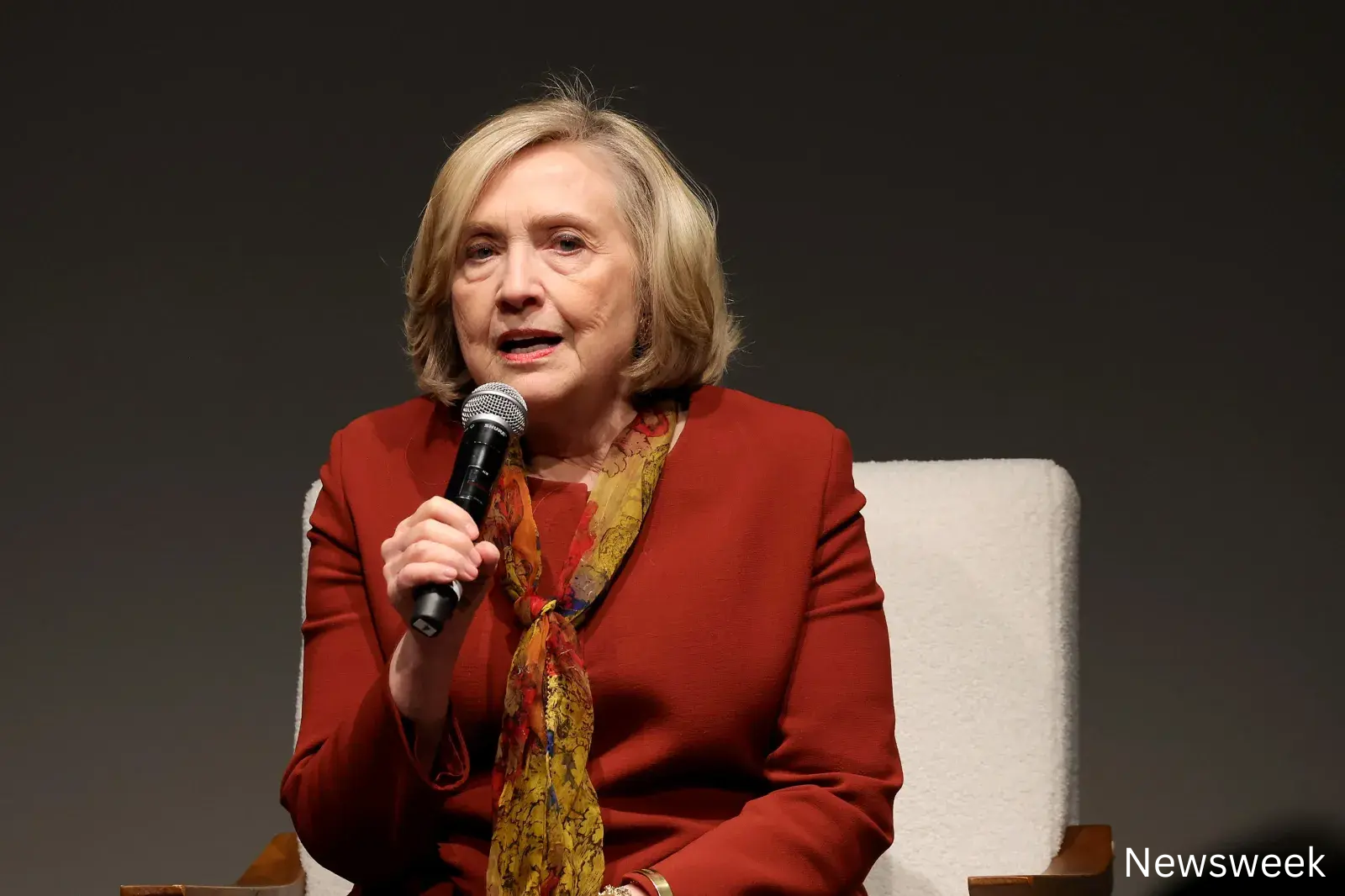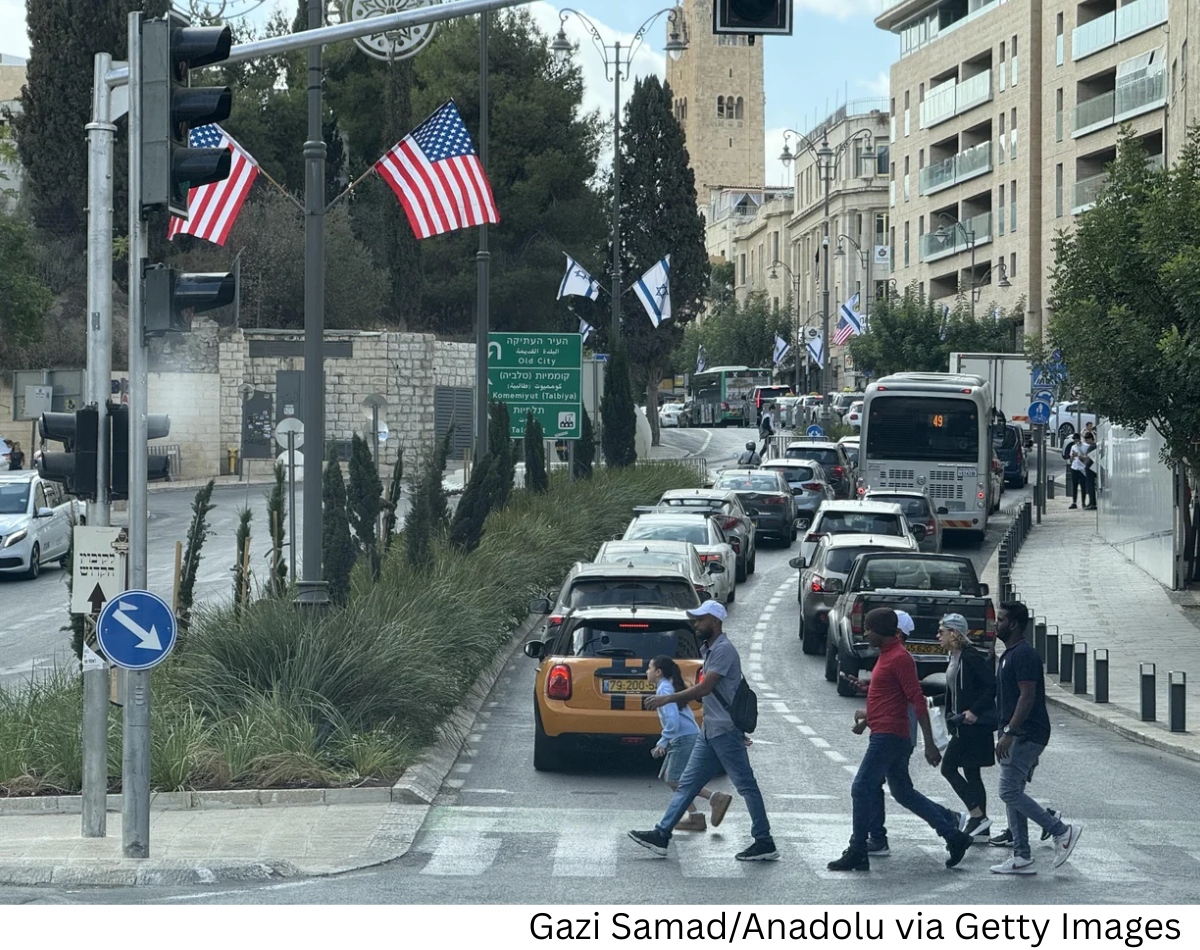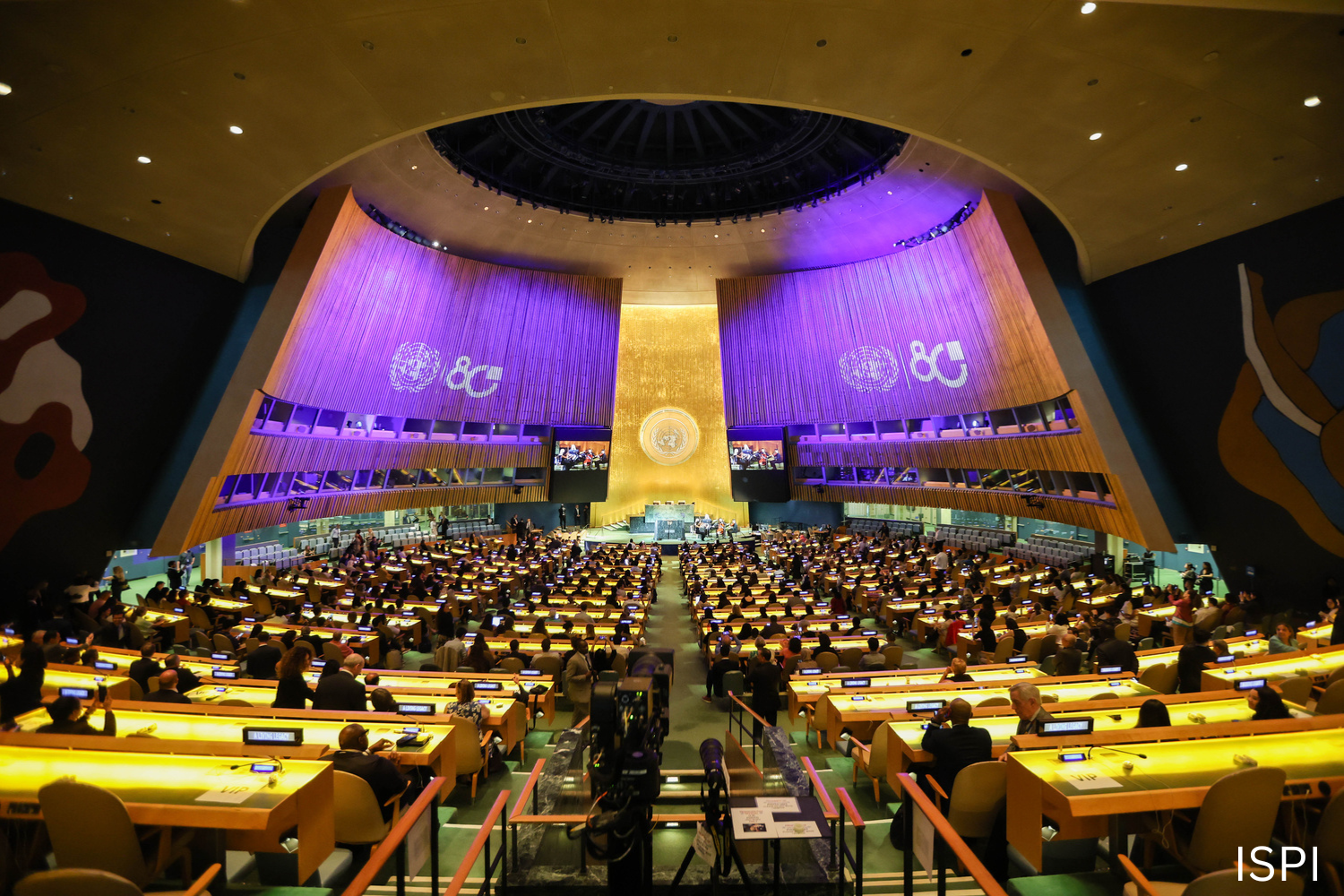Former U.S. Secretary of State Hillary Clinton commended President Donald Trump for his role in brokering the recent Israel-Hamas peace agreement, highlighting the collaborative efforts that brought the deal to fruition. Speaking with CBS News senior correspondent Norah O'Donnell on Friday, Clinton acknowledged the significance of the 20-point plan and the commitment of regional leaders in shaping a path toward peace and stabilization in Gaza.
Commending the Diplomatic Effort
Clinton emphasized the importance of multilateral cooperation in achieving the ceasefire and first-phase measures. “I really commend President Trump and his administration, as well as Arab leaders in the region, for making the commitment to the 20-point plan and seeing a path forward for what's often called the day after,” she said. The statement reflects recognition of both U.S. leadership and regional collaboration as essential components of the peace process.
Clinton noted that the peace deal goes beyond a simple halt to hostilities. It establishes a framework for immediate humanitarian aid, prisoner exchanges, and the release of hostages, all of which are critical to stabilizing Gaza and creating conditions for longer-term negotiations. The ceasefire, which took effect at noon local time (5 a.m. Eastern), represents the initial step in implementing the plan, marking the start of a 72-hour countdown for Hamas to release all remaining Israeli hostages.
Condoleezza Rice Offers Perspective
Former Bush administration Secretary of State Condoleezza Rice joined the discussion, echoing Clinton’s praise while offering a measured perspective. Rice highlighted the historic significance of the agreement but cautioned against assuming that the conflict has fully ended. “I couldn't be confident this was the end of the war given the history of the Middle East,” she said, underscoring the region’s complex and often unpredictable dynamics.
At the same time, Rice noted there are reasons to be optimistic. The implementation of phase one — including the ceasefire, hostages’ release, and the surge of humanitarian aid — represents a tangible achievement in a conflict that has long resisted diplomatic solutions. Rice’s comments reflect a balance between cautious realism and recognition of the progress represented by the Trump administration’s efforts.
Phase One: Hostages, Aid, and Security
Phase one of the 20-point peace plan is centered on stabilizing Gaza and building trust between the parties. The agreement calls for Hamas to release Israeli hostages within a 72-hour window while Israel agrees to release Palestinian prisoners in return. At the same time, humanitarian aid is being delivered to Gaza, with food, medical supplies, and temporary shelter provided to tens of thousands of displaced residents.
The ceasefire and initial aid measures are complemented by plans to establish a stabilization force, backed by the U.S. and Arab partners, to ensure security in Gaza during this critical phase. The force will also train vetted Palestinian police forces in coordination with Jordan and Egypt, providing a framework for local governance and law enforcement that supports long-term stability.
The Role of Regional Leaders
Clinton highlighted the essential role of Arab leaders in facilitating the agreement and ensuring that it could be implemented effectively. Their cooperation was critical in shaping the 20-point plan and supporting both security measures and humanitarian aid efforts. This multilateral involvement emphasizes that achieving peace requires coordination not only between Israelis and Palestinians but also among regional stakeholders who can provide resources, oversight, and diplomatic leverage.
A Path Forward
While Clinton and Rice both recognized the historic importance of the deal, they emphasized that much work remains. Phase two of the plan, which involves longer-term reconstruction, political dialogue, and measures to reduce hostilities permanently, represents a more complex challenge. This includes rebuilding Gaza’s infrastructure, restoring services, and fostering political processes that can support coexistence and stability.
Clinton underscored that the initial phase is a crucial first step. By halting violence, releasing hostages, and facilitating humanitarian aid, the plan provides a foundation upon which future negotiations can be built. The hope is that these measures will create conditions that allow both Israelis and Palestinians to engage in dialogue and lay the groundwork for eventual long-term solutions.
Optimism Coupled with Caution
Rice’s comments reflect the cautious optimism shared by many experts following the agreement. While the ceasefire and first-phase measures are significant, they do not resolve the underlying political and social challenges that have fueled decades of conflict. Continued international support, careful monitoring of compliance, and engagement from both sides will be necessary to maintain momentum and prevent a return to violence.
The praise from Clinton and Rice highlights the bipartisan recognition of the diplomatic achievement, while also acknowledging that lasting peace will require sustained effort, cooperation, and reform. The agreement is being celebrated as a step forward, but both former secretaries stress that the ultimate goal of a peaceful and stable Gaza will depend on the effective implementation of both immediate and long-term measures.
%20(4).png)





.png)

.png)
